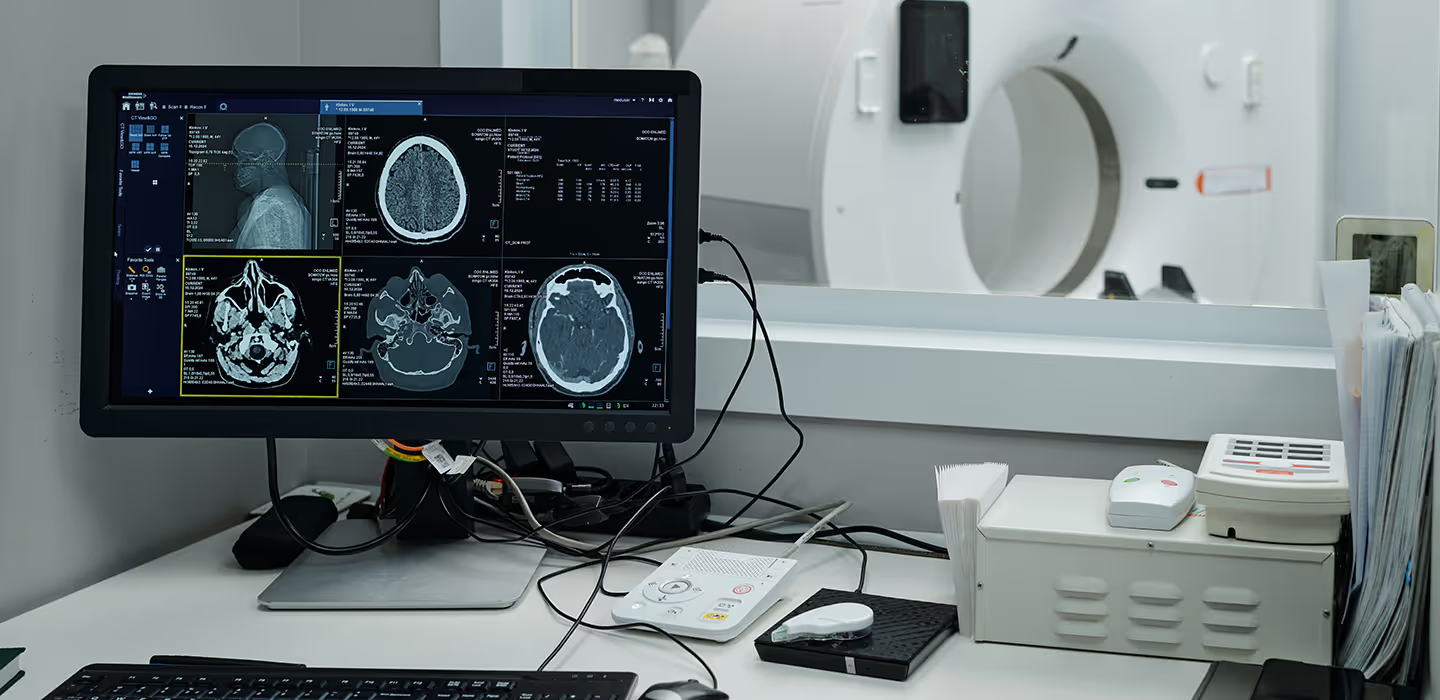Nos objectifs

Future directions of the fundamental research in multiple sclerosis
Increase efficiency without increasing side effects
Since the beginning of this century, considerable progress has been made in the field of MS. In fact, new drugs have been recognized as treatments and others will be added soon. However, their effectiveness, particularly in terms of the progression of disability, remains limited. In addition, better efficiency is often paid for by an increase in risks requiring relatively frequent clinical, biological or radiological checks. Fundamental research concerning better tolerated molecules, specifically correcting the pathological mechanisms responsible for the disease, therefore remains a preliminary and indispensable step in improving the effectiveness/tolerance ratio of our treatments.
The choice of treatment is essential
Achieving this goal will take some time. On the other hand, it seems possible in the near future to use our current treatments in a way that is better adapted to the diversity of clinical forms that characterize MS. Adapting treatment to each patient is the principle of “personalized medicine”. In support of this principle, observations show that one of the effective treatments in forms where the lesions mainly concern the brain and cerebellum, has no effect in the form affecting the vision and the spinal cord and could even worsen it. The challenge of choosing the medication is therefore considerable.
Objective: to determine the patient's immune profile using biological markers
To enable this personalization of treatments, fundamental research is currently focused on “biological markers” that determine what could be called the immune profile of patients. These are cells or chemical mediators that specifically identify the various dysfunctions associated with the onset and evolution of the disease and which could be specific to each patient.
Biological markers are most often proteins. In short, the production of proteins is programmed in the genes. This program is transcribed in a message sent to a “factory” that interprets it and builds the protein.
Biological markers are studied on a blood sample
We now have biomolecular techniques (genomic, transcriptomic, and proteomic) that make it possible to identify the various mechanisms acting at each of these three stages and to detect their alterations according to certain clinical criteria. These biological markers are most often studied on blood samples because those from the cerebrospinal fluid require a lumbar puncture.
More often than individual proteins, these techniques currently concern groups of proteins involved in different pathological processes (inflammatory, degenerative, etc.). These observations can be correlated not only to the risk of developing the disease but also to its various forms, the frequency of relapses, the progression of disability and the response to treatments. These techniques will be invaluable in confirming an uncertain diagnosis, identifying patients who are likely to flare-up or progress rapidly, those who may or may not respond positively to a particular treatment, and those who may have adverse reactions to a particular medication.
Choosing the best medication based on biological markers
To adapt the treatment to the immune profile of a patient, it is also necessary to define the immune profile of the drugs. Preliminary research in animals or on immune cell cultures is therefore studying their interactions with the various biological markers. But the most interesting data relate to observations from material taken from patients treated with a particular drug. In fact, they make it possible to directly observe the effects of this medication on the immune system even though it is involved in MS.
Biological markers could be a warning sign for future MS
It remains an ambitious objective in the field of biological markers. We are completely unaware of the pathological mechanisms that come into action long before the first clinical signs appear. Observations have already revealed genome abnormalities in the programming of the immune system several years before the onset of the disease.
Being able to identify biological markers associated with the very beginning of MS would be a huge advance, because we know that the more the disease evolves, the more complex and difficult its mechanisms are to correct.
Stay informed
Receive all the information related to research and news from the Belgian Charcot Foundation directly in your inbox.
